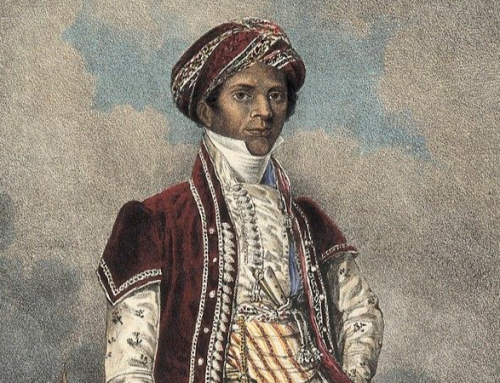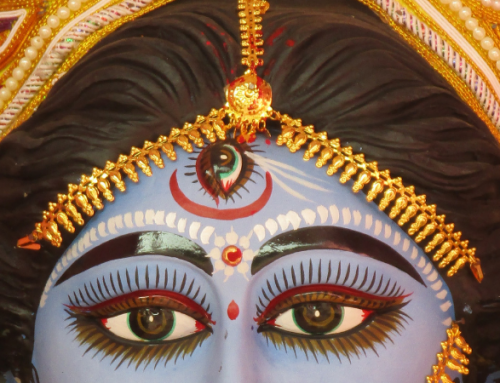Shiva & Shakti in Relationship
Whenever I count my blessings, which I try to frequently do, I often begin with the excellent human beings in my life, many of whom are female. I greatly value the close friendships that I have with these women and offer thanks that we live in times when the sexes can mingle so easily and so often.
And yet – the very ease of our mingling has given rise to the erroneous but widely-held opinion that there are no differences between the sexes, an opinion that has created some very real difficulties in inter-gender relating.
Every human has both a masculine and a feminine side, one of which predominates in most everyone. Which predominates in a person is usually but not always identical with that individual’s secondary sex characteristics, and some people so identify with their bodies that they behave as if they are only the one and not at all the other.
Sri Vimalananda disagreed:
“Both men and women possess attributes of both Shiva and Shakti, but in different measure. The chief characteristic of Shakti is that She is kinetic, She moves. And this is the chief characteristic of a woman, that she is changeable. Some call her fickle. Shiva’s chief characteristic is His immobility. Likewise, a man is, or should be, firm. Often, he is unyielding. Men are creatures of ambition, and women are creatures of emotion. Women have to learn firmness; men have to learn emotion.”
It is exciting to me to find Vimalananda’s sentiments echoed in current discourse, for example in the work of John Wineland. As Wineland sees it (you can listen to him discuss this in this podcast, part 1 and part 2) and as Vimalananda also maintained, the masculine wants to penetrate, and the feminine wants to be penetrated — and not just sexually. Women innately want to be penetrated by deep consciousness, to be ravished by a man who knows how to rest in consciousness and create a condition in which the woman feels contained. Men innately want to penetrate into deep consciousness, to become stable there where he can make a woman feel “seen,” adored, steadied.
The feminine (in a woman or a man) wants intimacy, connection, pleasure; the masculine (in a man or a woman) wants stability, solitude. The masculine grows in solitude and with other men; the feminine grows in pleasure and with other women. A man who is healthily established deep within himself draws a woman into her feminine just by his deepness; a woman who loves wholesomely propels a man into his masculine.
A man’s ability to be with his own feminine gives him the capacity to be comfortable with and to relate healthily with the feminine in others; a woman’s ability to be with her own masculine gives her the capacity to be comfortable with and to relate healthily with the masculine in others. Too often today a woman tries to compete with a man in masculinity without really knowing her own masculine; this can cause her to become hard, dry, and angry. Too often today a man comes to a woman seeking only pleasure without really knowing his own feminine; a woman will resist opening to a man if she feels that he can’t handle his own feminine.
Relationships between two people who don’t know their own personal masculine and feminine tend to break down when one partner starts to think and say that the other is wrong and shows contempt, or a lack of empathy. Two people who value their relationship and wish to cultivate and nourish it must develop and maintain mutual empathy and open communication.
When the masculine and the feminine in two people meet beneficially is when the magic begins; this is the “relationship yoga” that Vimalananda so prized:
“Yoga is not a system of physical jerks; know it once and for all. Yoga is meant to make every home a happy home. When every family member is giving out his or her best to unite the family and make it a success, that is real yoga.”
In my life all too often my own early imperfect patterns of relating (we all have them) have induced me to fail to live up to this standard; and so whenever I count my blessings, I also remember to thank each of my loved ones who have returned kindness for harshness, who have displayed empathy even when I could not, who have never given up on me just as I, under similar circumstances, have not given up on them. May we all strive daily to make our homes happy homes!
There is still space in Dr. Svoboda, Chandra Easton & Scott Blossom’s upcoming course, Shiva & Shakti: The Power of Transformation, April 13 – 15th in Berkeley, California. More info here.


